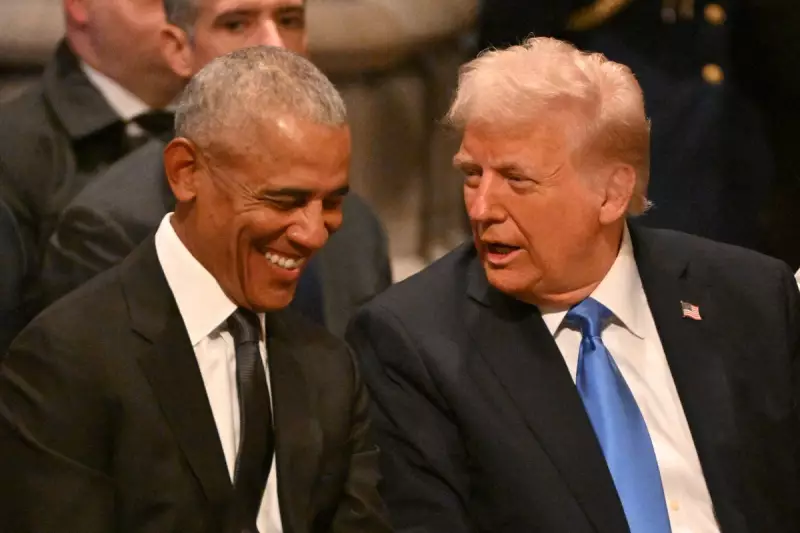
A startling new poll has revealed that a significant portion of Americans hold a bizarre misconception about recent presidential history. According to the survey, nearly 20% of respondents believe that Barack Obama served a third term as president – a constitutional impossibility that has sparked both amusement and concern among political observers.
The Poll That Shocked Washington
The survey, conducted by a reputable polling organisation, found that one in five Americans incorrectly think the 44th president extended his stay in the White House beyond the constitutional two-term limit. This surprising result comes despite Obama having left office in January 2017 after serving the maximum eight years permitted by the 22nd Amendment.
Trump Seizes on the Findings
Former President Donald Trump quickly commented on the poll results during a campaign event, using them to bolster his frequent claims about political misinformation. "These people actually believe Obama had a third term – can you imagine?" Trump told supporters. "This is what happens when you don't have honest media."
Experts Weigh In on the Misconception
Political analysts have offered several theories to explain the puzzling results:
- Media saturation: Obama's continued high profile post-presidency may have created a false impression of ongoing power
- Constitutional confusion: Many Americans remain unclear about presidential term limits
- Partisan distortion: Some respondents may have answered based on political sentiment rather than fact
The poll also revealed stark partisan divides, with Republicans significantly more likely to hold the mistaken belief than Democrats. This aligns with previous research showing how political affiliation can shape perceptions of reality.
What This Means for American Democracy
The findings raise troubling questions about civic knowledge and the spread of misinformation in the digital age. As the United States prepares for another contentious election cycle, experts warn that such fundamental misunderstandings about government could undermine democratic processes.
"When a fifth of the electorate doesn't understand basic constitutional provisions," noted one political scientist, "it creates fertile ground for conspiracy theories and authoritarian appeals."





